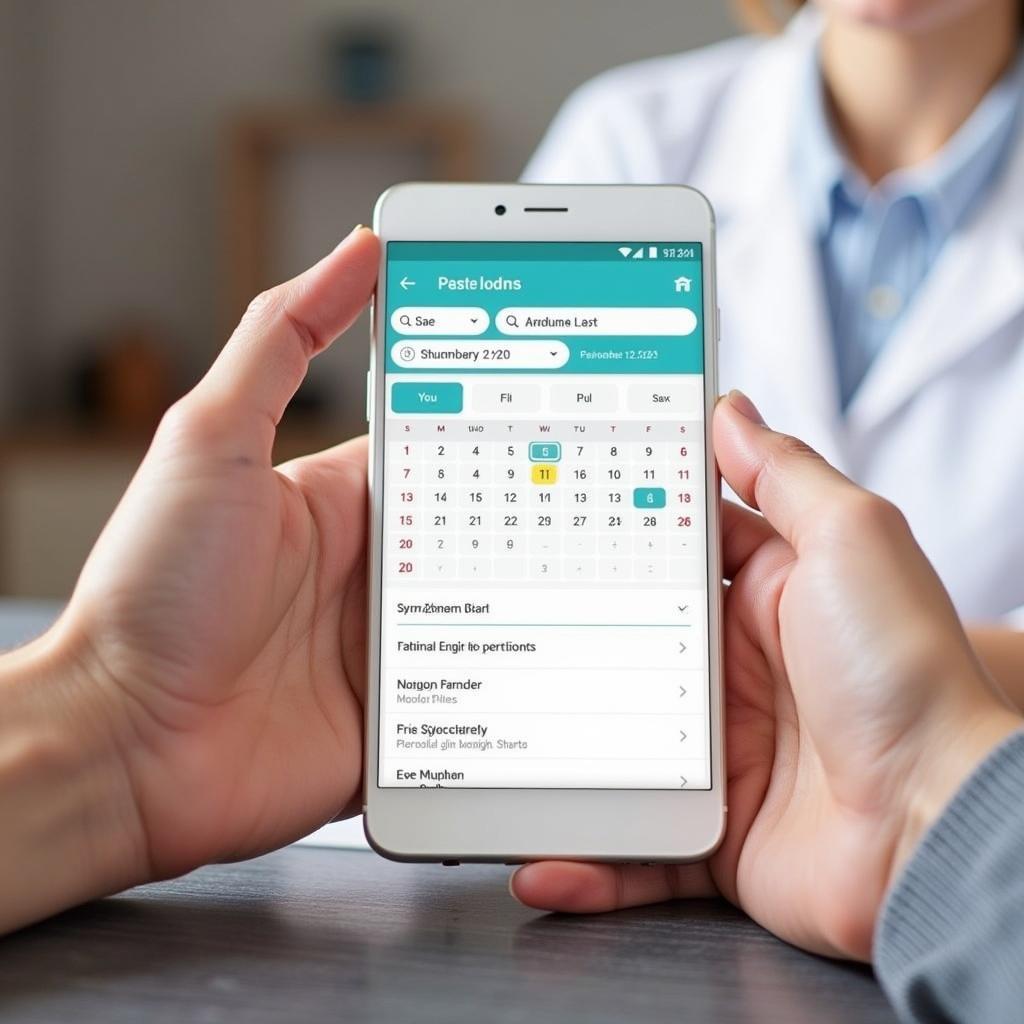Evidence collection tools play a crucial role in ensuring access to the right to healthcare. These tools empower individuals to gather and document vital information, ultimately strengthening their healthcare advocacy and facilitating better communication with medical professionals. Whether it’s tracking symptoms, managing medications, or documenting instances of medical negligence, these tools are essential for navigating the complexities of the healthcare system.
Why Evidence Collection Tools Are Essential for Your Right to Healthcare
Utilizing evidence collection tools is not just about personal record-keeping; it’s about exercising your fundamental right to quality healthcare. These tools provide a tangible way to track your health journey, offering crucial evidence when needed. They can be instrumental in ensuring accountability within the healthcare system, supporting claims, and advocating for better treatment. Imagine having a detailed record of every interaction, every symptom, and every medication—this data becomes invaluable in complex situations.
How Evidence Collection Tools Empower Patients
Evidence collection tools transform patients from passive recipients of care into active participants. They empower individuals to:
- Track Symptoms: Detailed symptom logs can help pinpoint patterns and triggers, crucial information for accurate diagnosis.
- Manage Medications: Keeping a record of medications, dosages, and side effects can prevent errors and improve communication with pharmacists and doctors.
- Document Interactions: Recording appointments, conversations, and medical procedures creates a comprehensive history of your healthcare journey.
- Prepare for Legal Action: In cases of medical malpractice or negligence, meticulously collected evidence can be vital for building a strong case.
Types of Evidence Collection Tools
From simple notebooks to sophisticated software, a variety of tools can assist in evidence collection. The right tool for you depends on your individual needs and tech savviness. Some popular options include:
- Personal Health Records (PHRs): Digital platforms that store comprehensive health information.
- Mobile Apps: Numerous apps are designed for tracking symptoms, managing medications, and recording health data.
- Journals and Notebooks: A traditional but effective method for documenting health information.
- Voice Recorders: Useful for recording conversations with healthcare providers, with their prior consent, of course.
- Photo and Video Documentation: Visual evidence can be powerful, especially for tracking visible symptoms or documenting injuries.
Choosing the Right Tool
Selecting the right evidence collection tool can feel overwhelming. Consider factors like:
- Ease of Use: The tool should be intuitive and easy to navigate.
- Security and Privacy: Ensure your data is protected and confidential.
- Accessibility: Choose a tool that is readily accessible, whether it’s a physical notebook or a mobile app.
- Features: Select a tool with features that align with your specific needs.
Protecting Your Right to Healthcare with Effective Evidence Collection
Systematic evidence collection is a proactive step towards protecting your right to healthcare. By maintaining detailed records, you become an informed advocate for your own health. This information can be invaluable in discussions with doctors, insurance companies, and even legal professionals. Remember, your health information is your power.
Building a Stronger Case with Detailed Records
Imagine a scenario where you experience an adverse reaction to a medication. Having a documented history of the medication, dosage, and subsequent symptoms can be critical in determining the cause and seeking appropriate treatment. This is just one example of how meticulous evidence collection can protect your health and your rights.
Conclusion
Evidence collection tools are more than just organizational aids; they are essential for upholding your right to healthcare. By actively gathering and documenting your health information, you empower yourself to navigate the healthcare system effectively and advocate for your own well-being. Using evidence collection tools is a proactive step towards ensuring you receive the quality care you deserve. Remember, your health data is your voice – use it wisely.
FAQs
- Are evidence collection tools HIPAA compliant? This depends on the specific tool. Look for tools that adhere to HIPAA regulations for data privacy and security.
- Can I share my collected evidence with my doctor? Absolutely. Sharing your collected evidence can enhance communication with your doctor and improve the accuracy of diagnosis and treatment.
- What is the best evidence collection tool for me? The best tool depends on your individual needs and preferences. Consider factors like ease of use, features, and security.
- Is it legal to record conversations with healthcare providers? Laws vary by state. It’s essential to obtain consent before recording any conversations.
- How can I ensure the security of my collected evidence? Choose secure platforms and apps, and protect your devices with strong passwords.
Common Scenarios and Questions
- Scenario: You’ve been experiencing recurring symptoms, but doctors haven’t been able to pinpoint the cause. Question: How can an evidence collection tool help? Answer: Tracking your symptoms with a dedicated tool can reveal patterns and triggers that may not be apparent during sporadic doctor visits.
- Scenario: You’re concerned about potential medical malpractice. Question: How can evidence collection tools protect me? Answer: Detailed records of appointments, conversations, and procedures can serve as crucial evidence in a malpractice case.
Further Resources on DiagFixPro
- Explore our articles on patient advocacy and healthcare rights.
- Learn more about choosing the right diagnostic tools for your vehicle.
Need assistance with car diagnostics or understanding your health data? Contact us via WhatsApp: +1(641)206-8880, Email: [email protected], or visit us at 910 Cedar Lane, Chicago, IL 60605, USA. We have a 24/7 customer support team ready to help.


